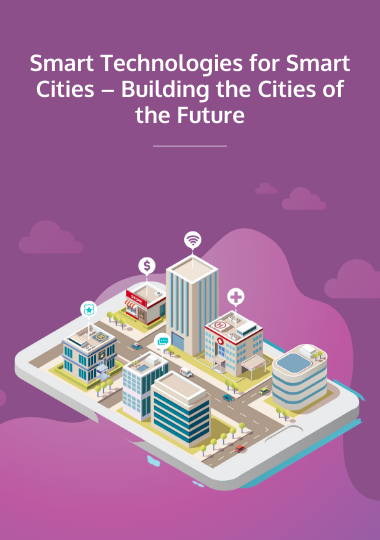
Over half the world (56.2%) now live in cities and this figure is expected to rise to 68% by 2050. However, while living in urban areas undoubtedly offers a great number of benefits for residents, like improved job prospects and access to local amenities and entertainment, it's not without its drawbacks. Governments are under constant pressure to combat the challenges of urbanization, including air pollution, complex waste management, road congestion, resource consumption, water security, and more.
Smart cities offer a solution to these problems and are now considered absolutely essential to meeting the challenges of today and the future. Thanks to nascent and innovative technologies like the Internet of Things (IoT), 5G, smart sensors, and cloud infrastructure, smart cities are no longer in the realm of science fiction. Instead, they are living, breathing entities that already exist in many places around the world, supported by the latest cutting-edge technology.

























